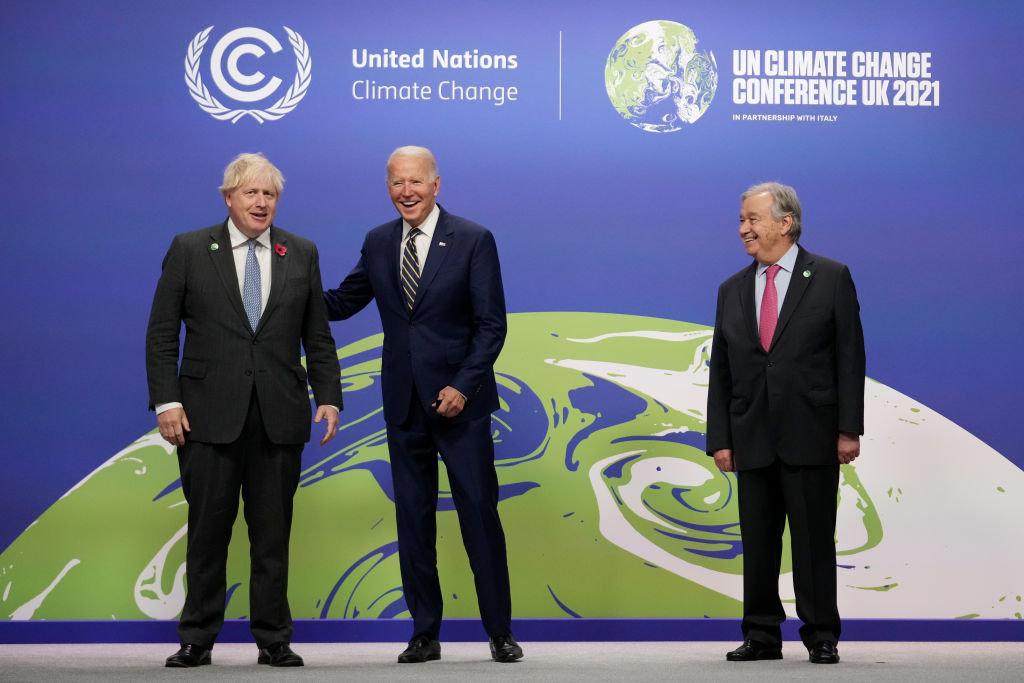In the face of potential forthcoming global challenges, the United Nations has announced an initiative in September 2024, titled “Summit of the Future,” an integral part of its comprehensive “Our Common Agenda” platform, which has the full-throated support of US President Joe Biden.
The program seeks to implement a strategic “Emergency Platform” designed to allow the U.N. to execute significant power in response to future global shocks, such as another pandemic.
The Emergency Platform initiative, detailed in a policy paper from March 2023 called “Strengthening the International Response to Complex Global Shocks – An Emergency Platform,” proposes a fresh approach. The U.N. Secretary General expresses, “I propose that the General Assembly provide the Secretary-General and the United Nations system with a standing authority to convene and operationalize automatically an Emergency Platform in the event of a future complex global shock of sufficient scale, severity and reach.”
Once operational, the United Nations would be able to “actively promote and drive an international response that places the principles of equity and solidarity at the centre of its work,” aiming to cultivate global unity in the face of crisis. The platform could even hold global actors accountable for commitments to the response. In essence, this would grant the U.N. extraordinary authority over world sectors, public and private, under the premise of combatting a crisis.
In a controversial clause, the platform, initially set for a finite period, could be extended indefinitely at the Secretary-General’s discretion, without necessitating reauthorization from member nations. The type of global shock that could trigger this platform ranges from “a major climatic event,” “future pandemic risks,” a “global digital connectivity disruption,” “major event in outer space,” to an unforeseen “black swan event.” In this proposal, the U.N. asserts that it should remain “agnostic as to the type of crisis,” given the unpredictability of future global shocks.
Moreover, “The Secretary-General would decide when to convene an Emergency Platform in response to a complex global shock.” This implies that the definition and timing of a “global shock” could essentially be determined by U.N.’s leadership.
This proposal has raised eyebrows, with critics labeling it as the U.N.’s most substantial attempt to increase its power in history. More surprising has been the Biden administration’s response. The White House has shown support for the Emergency Platform, with U.S. Ambassador Chris Lu confirming this in two speeches made in March 2022. This backing has come under scrutiny for potentially compromising America’s independence and sovereignty.
The Emergency Platform presents the risk of centralized power and influence, granting the United Nations an unprecedented level of control over American lives. Critics warn of severe consequences if the Emergency Platform gets approved, arguing that it could significantly transform the United States.













